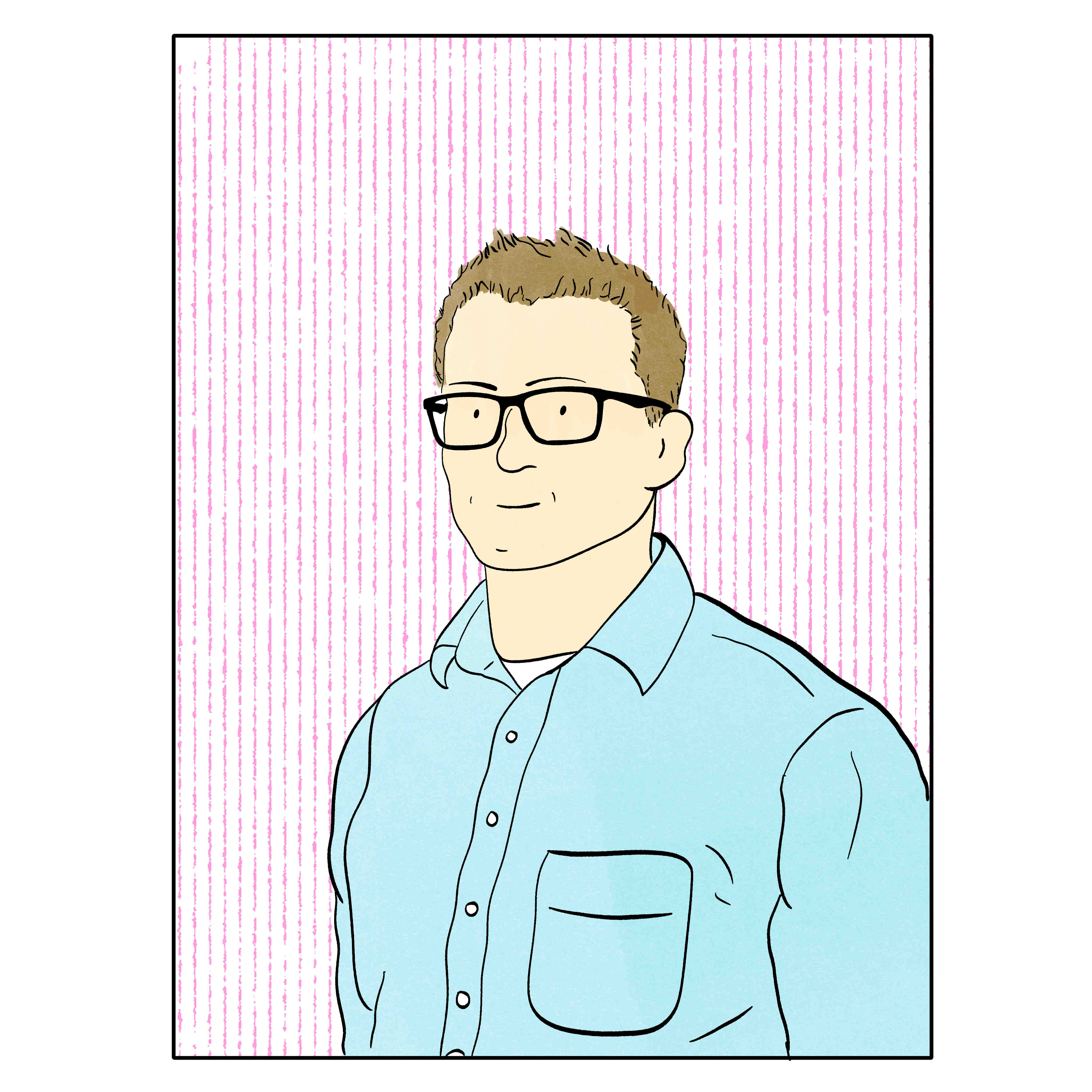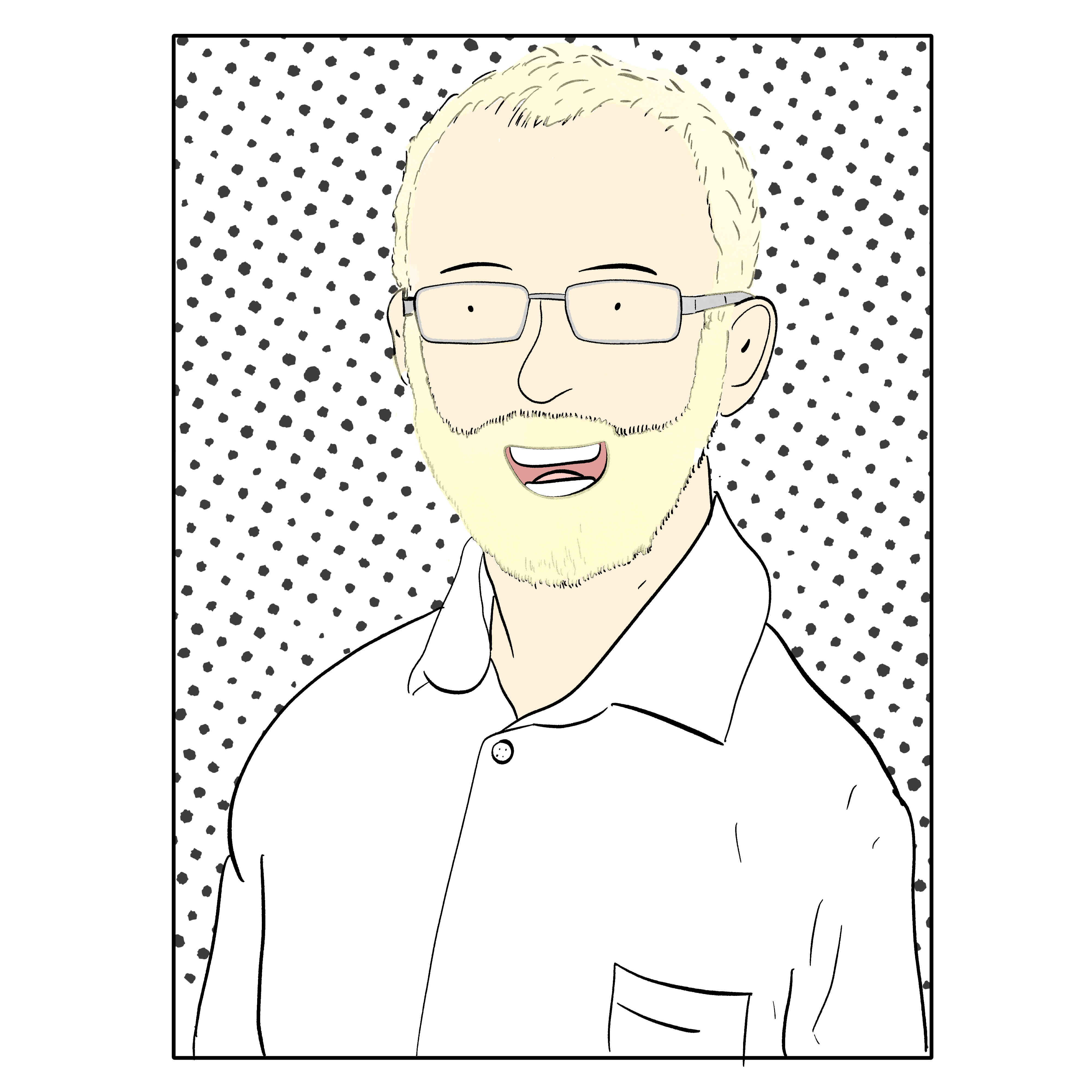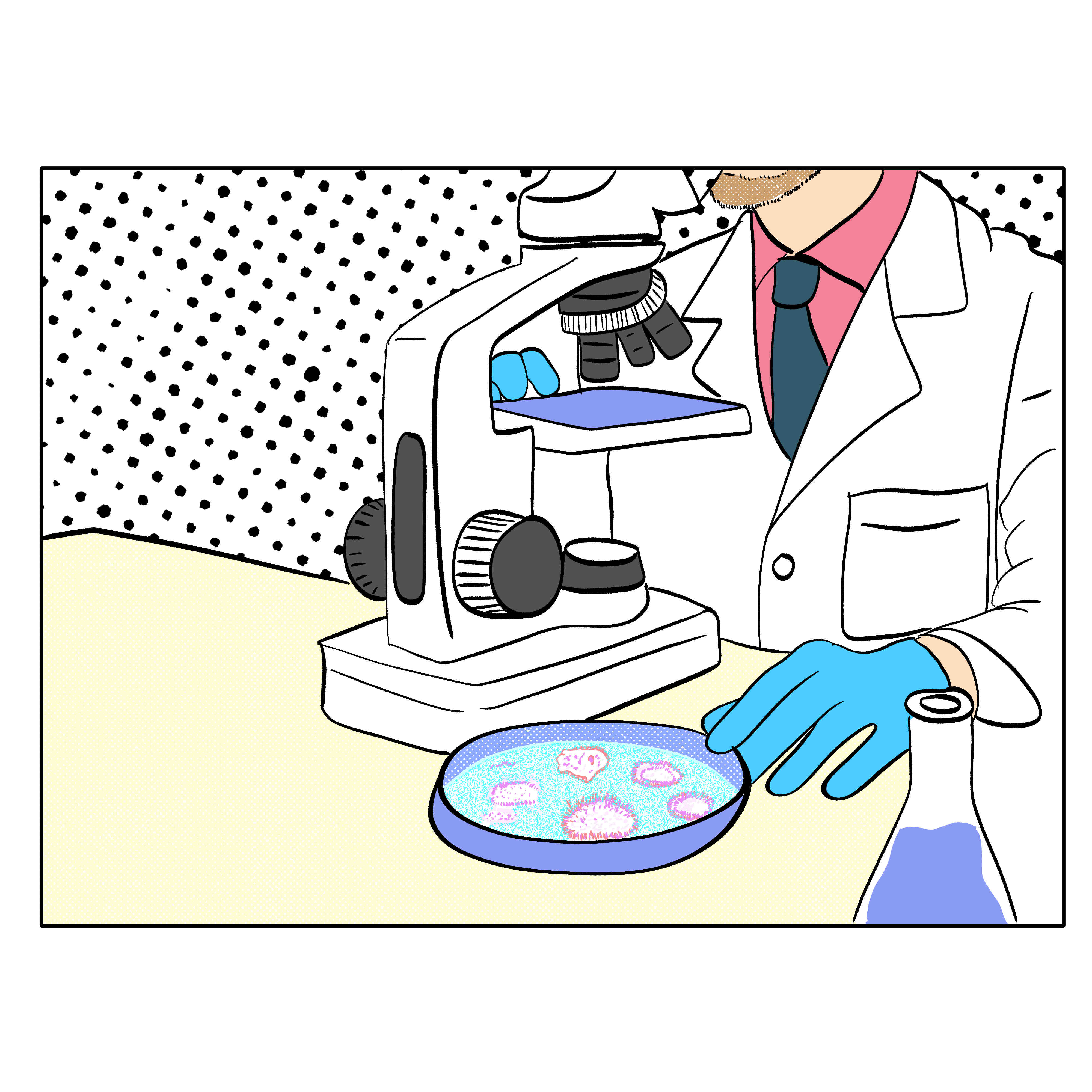Railroads built Roanoke, but Norfolk Southern slowly but surely abandoned the “Magic City” that it sparked. City leaders looking for new avenues decided to emphasize technology.
Tech Town is a four-part series looking at how the effort started and where it is now.
Read the other articles: Introduction, Part One, Part Two.
Moving to a new place for a promising job is a milestone event for people starting their careers. But if that place is cool and filled with friendly contacts, it might just become home.
Roanoke officials are working to put those three bullet points — solid career, good home base, friendly people — on the same page, with the city’s inaugural ChangeMakerZ programming for 20 early-career technology professionals. On a parallel track, the city has invested in three innovation competition winners setting up shop in Southwest Virginia.
It’s impossible to say how many of the ChangeMakerZ alumni will make the Roanoke area home for good. It made a strong impression on several participants during the opening months of its yearlong schedule.
“I have no interest in going back to Jersey,” said ChangeMakerZ cohort member Rob Fippinger, who grew up in Warren, New Jersey. “I do see myself hanging around for at least five to 10 years. I don’t know, being 23 it’s kind of still hard for me to have big life goals and seeing myself where I want to go. But I do see myself hanging out around here for the good and foreseeable future.”
ChangeMakerZ focuses on people already employed in the region. The city’s investment in three oncology startups — winners of the J&J Advancing Oncology InnoVAtion QuickFire Challenge — means to draw businesses here from elsewhere.
The challenge winners were chosen from applicants worldwide. They have lab access at the Virginia Tech Corporate Research Center in Blacksburg. Later, after the city completes building renovations for a 30,000-square-foot shared lab space, they can use space at that South Jefferson Street structure.
Arvin Gauw, of Falls Church by way of the San Francisco Bay area, is a partner in one of the winners, Bacchus Therapeutics. Gauw has a lab in Manassas, but the QuickFire challenge requires a two-year commitment to the Roanoke area. As Bacchus looks for a new hire to work at the Corporate Research Center, Gauw said he found a ready application pipeline here of “more skilled students, more skilled scientists.”
“I think it just opens up the possibilities down there and also with Fralin [Biomedical Research Institute at VTC, in Roanoke],” Gauw said. “So now I have two lab sites, basically.”
The city provided $300,000 for grants to split among the three QuickFire winners. Other collaborators included Carilion Clinic Innovation.
Roanoke was “instrumental in helping us to secure those three oncology, therapeutic companies,” said Erin Burcham, president of the Roanoke-Blacksburg Innovation Alliance and director of the Roanoke-Blacksburg Technology Council. “So out of 43 applications worldwide, the regional [selection] team chose three that would come, and they’ll start in Blacksburg. But the hope for them is to grow into the new incubator space once it’s online in Roanoke. That project wouldn’t have been possible without the city.”
Each person who completes this year’s ChangeMakerZ program will receive $5,000, courtesy of Roanoke.
“They’re funding programming … it wouldn’t have happened if they wouldn’t have supported it with all the dollars and their gracious staff support,” said Jason Clayton, formerly the technology talent strategist for the Roanoke-Blacksburg Technology Council.
A third project has been around longer. The Roanoke Area Accelerator and Mentoring Program, aka RAMP, brings two cohorts of tech and life sciences businesses to town each year, and a technology and life sciences foundation solidifies in Roanoke.
Fun networking
RBTC cooked up the ChangeMakerZ program. It’s a way to provide the region’s Generation Z (hence the “Z” at the end of the title) tech employees a sense of community, learning and growth opportunities.
Fippinger, a Carilion Clinic employee, said the plan seems to be working. The group has done a ropes course, met at a baseball game, participated online in lunch-and-learn sessions and done outings that included networking seminars and the Roanoke River Floatilla.
“It’s just kind of like these more casual, laid-back but professional networking opportunities,” Fippinger said. “So it’s not like a bunch of people in dress shirts and khakis standing around in some conference venue, introducing each other. It’s just a fun way for a bunch of like primarily young individuals, young professionals, to come and meet each other and talk about what they do, and [learn about] the different businesses and opportunities that are in the area.”

Fippinger and a Carilion co-worker, Connor Hale, learned about ChangeMakerZ through work. Both of the Virginia Tech graduates work in the clinic’s innovation department. That office helps other clinic employees who have ideas for new medical devices or treatment solutions. They develop prototypes for start-ups or look for partner businesses to bring their projects to the market.
Hale, a Pulaski native who lives in Christiansburg, said that the sessions have been useful, particularly for getting to know other young people with common job interests.
“I would say in this area right now, there’s a huge push to build kind of a tech community in the area,” Hale said. “There are a lot of startups coming in. Carilion is supporting a lot of biotech and medical device technology in the area and things like that. I think [ChangeMakerZ] is just another one of those ways of kind of building that up, helping build that better sense of community, getting connections because … one of the biggest things that I’ve learned in my career so far is just that knowing the right people makes a huge difference in what you can get accomplished.”
[Disclosure: Roanoke-Blacksburg Innovation Alliance (formerly referred to as Verge) and Carilion Clinic are among our donors, but donors have no say in news decisions; see our policy.]
Among their new friends is Shelley Teer. She got into information technology as a second career during the COVID-19 pandemic. The Burlington, North Carolina, native moved to Roanoke in summer 2012 with her husband, a structural engineer for the Virginia Department of Transportation. Teer was a surgical technician by trade. She worked for a Roanoke maxillofacial surgeon who laid her off during the shutdowns.
She was ready for something new anyway, having experienced some burnout, and enrolled at Virginia Western Community College. She received an associate degree in information technology for software development and database theory. Teer was working for More Better Technology, a company that helps businesses modernize their IT, when she learned about the program.
More Better’s head of operations, Micah Almond, is on the RBTC board of directors. He suggested ChangeMakerZ to Teer. The program fits into the company’s self-development goals, Teer said.
It’s been a great get-to-know-folks experience so far, she said.
“And then moving forward into the next phase of the program, they’re wanting to take our skills and what we’ve learned during that first phase of this awareness and discovery and start working on how to apply that in the work,” Teer said. “… It’s kind of blown me away with how they’ve actually organized this and put it together and how they’re making it unfold. It definitely went above and beyond what I expected.”
Teer and Hale both envision themselves staying in Roanoke long-term. Hale, the Southwest Virginia native, wasn’t planning to live and work here before he landed at Carilion. If a decade passes and he considers another job, he will have built a network of contacts here. That started with ChangeMakerZ, he said.
“So I think having more connections in the area is definitely a way to support keeping that talent here local,” Hale said.

Teer has no interest in leaving the Roanoke Valley. The mountains, the city vibe, the hiking and biking trails appeal to her and her husband’s outdoorsy nature, she said.
“We’ve laid down roots here,” said Teer, who has since moved on to another job in the area. “Now, this is home for us.”
ChangeMakerZ participants got entry to a young professionals conference last April, and they had access to a national tech conference in November — both in Roanoke.
They have two co-working spaces they can use, one at RAMP’s headquarters at the city-owned Gill Memorial Building, and another in Blacksburg.
“But what is the next level, you know, when they graduate?” said Clayton, who left RAMP last year for opportunities in higher education. “How do we get them gainfully employed and then focus on retaining them here?”
Falling in love with a place and finding people who matter to them while exploring their purpose is ChangeMakerZ’s goal, he said.
Delivering cancer research
Roanoke’s Innovation Administrator, Bradley Boettcher, said that the J&J challenge was in part about developing synergy with what already exists in Roanoke.
“We were very intentional … and what we tried to do was get companies that have things in common with research that’s being done here or needs that the ecosystem here has,” said Boettcher, who works in the city’s economic development department.
Potential partnerships with Carilion Clinic and Fralin Biomedical Research institute were part of the equation.
“You make the introductions to them so that they hit the ground with that network and those connections in place, and it’s just much more effective than having them kind of parachute and have to find their own way,” he said.
Carilion was a draw for one of the challenge winners, Minneapolis-based Luminary Therapeutics.
“We always like to work in close proximity to areas where we can do clinical trials,” said Jeff Liter, the company’s founder and chief executive officer. “I’ve talked to a couple of principal investigators, once we get our particular products further down the road, about potentially doing clinical trials there.”
Luminary Therapeutics works to fight B-cell malignancies, solid tumors and autoimmune disorders. Liter said the company will work toward clinical enabling studies. Those are toxicology studies that ensure a drug’s safety. The company hired Samuel Hickenlooper, a research and development biochemist, to do the work at the VT Corporate Research Center lab. If Liter can get more funding, he’ll add more resources in Blacksburg.
“One of our first standard toxicology studies to make sure our drug is safe is testing our drug against healthy tissues,” Liter said. “And [Hickenlooper] is roughly about 2/3 of the way through the first solid tumor therapeutic that we’re building.”
Liter found out about the J&J challenge through his subscription to the company’s mailing list. Gauw, of Bacchus Therapeutics, got it in a more roundabout way — via a National Science Foundation program where Lisa Garcia was speaking. Garcia was RAMP’s director at the time.
When Gauw moved from the West Coast to the D.C. area, he checked in with Garcia. She connected him with Hal Irvin, an associate vice president at the Fralin Biomedical Research Institute. Irvin and Garcia told him about the QuickFire Challenge.
“So basically, we discovered a way to starve only cancer cells but not normal cells, because cancer cells need a lot of specific types of lipids to grow,” Gauw said. “If I stop that specific type of lipid from being produced in cancer cells, then I’m basically starving cancer cells of lipids but not [starving] normal cells.”
Bacchus has identified its target, Gauw said, and is preparing and testing a drug for phase one clinical trials. 
The QuickFire challenge prizes included a virtual membership to Johnson & Johnson Innovation. That membership features access to the company’s scientists, a network of investors and a virtual portal to venture capitalists, Gauw said.
Organizers hosted a meet-up conference with selected biotech companies within the J&J network, including the challenge winners, he said.
“It’s literally a speed dating event,” he said. “So you have tables, and we rotate every 20 minutes to talk to a different investor. So that’s really, for fundraising, very helpful for introductions.”
Gauw and Liter were happy with their Roanoke-area experiences.
“If we’re able to find some funding that would support it, we would absolutely be open to that idea [of staying],” Liter said. “… The whole community down there has welcomed us with open arms. They were very helpful in helping us get established and trying to make the connections at the Carilion Clinic and etcetera. So, a very good group of people.”




Comments are closed.